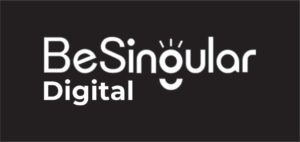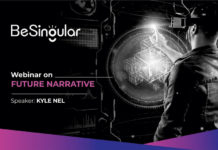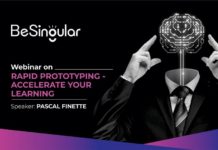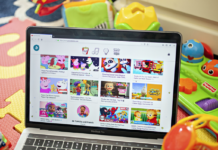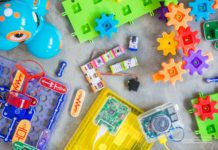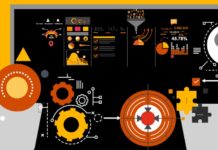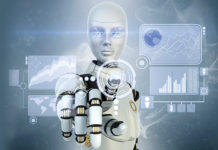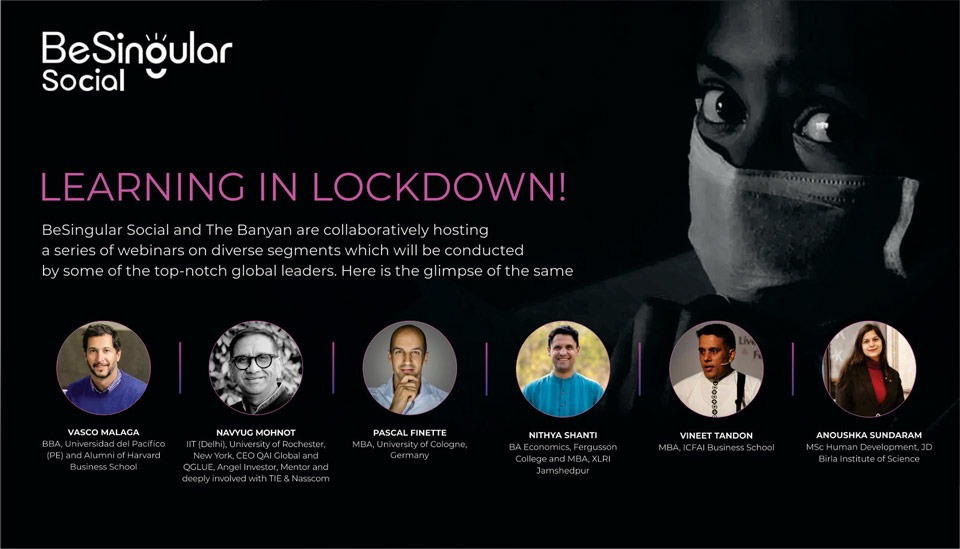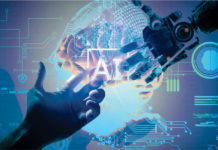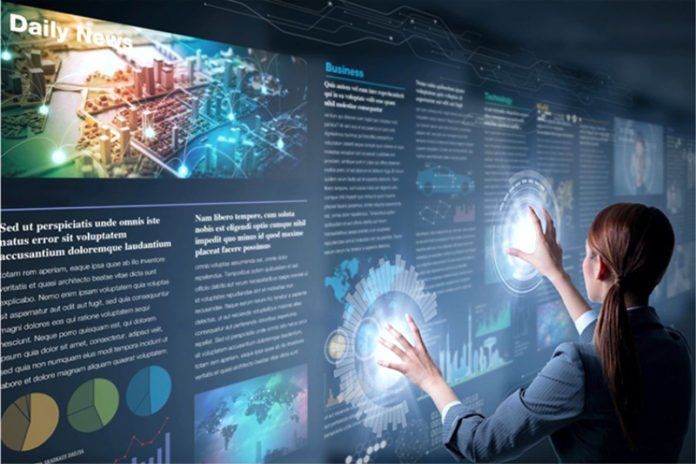Today, people in their mid-30s and 40s have seen many technological changes happen in their lifetime including mobile telephony and the Internet. Understanding the pace of change happening around it seems that the younger generation is poised to witness much more unprecedented changes on the technological front. Though the Future is something difficult to predict, it is evident that technological disruption has the potential to reshape the employment landscape.
We are already witnessing the slow penetration of technology in our lives. Emails, digital payments, technology-based cab-hailing services, online shopping are some of the things pretty familiar to most of us. It would be interesting to delve and explore the technologies driving these processes. These are pretty basic services for us today, which are web/app-based, and Internet-enabled. Some amount of data analysis, predictive technology also would have been used to run the above services. If today, our school/college pass-outs were to run these basic business formats, where would they stand? Given their current exposure to technology as part of their academic curricula, are they anywhere near to running the show successfully?
Technologies of tomorrow will require different levels of sophistication, ranging from necessary manufacturing machinery and hand-held power tools to autonomous transport and machine learning. It will be a time where most businesses will be dependent on technologies that drive production robots, 3-D printing, Internet of Things (IoT), autonomous transport, to name a few. Unfortunately, the only exposure to the industry a student from a professional college gets is when he works as a summer intern during his/her vacations.
Education System
The current education, which is still stuck in the post-1970s era, was marked by a heavy dependence on few career paths like engineering, medicine, and chartered accountancy. Our educators have been so slow in adopting the fast-happening changes that our students seeking entry into the professional streams have to be dependent on the plethora of coaching institutes mushrooming in every big city of the country. Advanced computing and programming skills are still not part of the school curriculum even though we are today talking of big data, machine learning, and artificial intelligence being part of tomorrow’s corporate workforce. Apple Inc CEO, Tim Cook, in one of the interviews, acknowledges the quality of skilled coders and computer engineers from China. This he directly attributes to the progressive educational system being designed to suit the demands of the industry.
Future industry demands that educational institutions and academicians prepare their students for future jobs focusing on developing learning skills, literacy skills, and life skills. Also, these institutions will need to focus on research-based partnerships with businesses across industries. Accordingly, students will need to be trained for jobs that do not exist today but will be in demand in the Future. In essence, the workplace of tomorrow is looking for multi-skilled professionals, which calls for the design of new types of higher education courses/curricula to enable students to develop new kinds of skills.
The skills which would be relevant for tomorrow’s generation can be broadly classified into
- Learning Skills
- Life Skills
- Literacy Skills
Learning Skills of the 21st century are often referred as the 4 C’s: critical thinking, creative thinking, communicating, and collaborating. Learning Skills are a description of how a learner prefers to learn and interact with information.
Life skills are abilities for adaptive and positive behavior that enable individuals to deal effectively with the demands and challenges of everyday life. These include problem solving and emotional intelligence.
Literacy Skills or so-called IMT is a skill one needs to learn, which concerns different elements of digital comprehension. IMT stands for:
- Information literacy – A skill that helps understand facts, especially data points
- Media literacy – A skill that helps to identify publishing methods, outlets, and sources.
- Technology literacy – It is the ability of an individual, working independently, and with others, to responsibly, appropriately, and effectively use technology. One should be able to use computers, cloud programming, and mobile devices to become part of the tech world/industry.
The job market is rapidly shifting to ensure technology ecosystems can keep up with dynamic business, consumer, and other external demands. As a result, companies will continue looking for talent in the areas of understanding of business architecture, cloud computing, robotic process automation, and cybersecurity.
The Way Ahead to 2030
As parents, we need to prepare our children for a future that is poised to be challenging and uncertain. Gone are the days when a parent can rest assured by enrolling his child in a coaching institute in line with the professional pursuit. This should start with a thorough understanding of the student’s aptitude, personality, and interest areas. A clear insight into the child’s inclination will help shortlist the possible career path. A youngster about to choose his career needs to understand the nature of work, associated with the said profession. Parents can play an active role by learning themselves about future career possibilities and create an environment for their child to pursue the same. Since the future job environment will be highly competitive, it is essential to keep our children ahead of the curve by enrolling them in technology courses as technology would be a common denominator for most of the futuristic job roles. Courses in Machine Learning, Artificial Intelligence, Big Data, Cybersecurity, Cloud Computing, etc. could be the game changers in the workspace of tomorrow.
Apart from technological literacy, the future generation must be trained in life skills as well. Life skills are those sets of skills that equip individuals to manage stress, behavioral problems and improve communication skills so that individuals can live happier and productive lives. The responsibility of providing ample opportunities for learning life skills lies with the parents by exposing them to real-life challenges and coach ways to handle them. They will be better prepared for their futures if they have a strong social and emotional foundation developed in a personalized learning environment.
“It is not the strongest of the species that survive, nor the most intelligent, but the one most responsive to change.” – Charles Darwin
